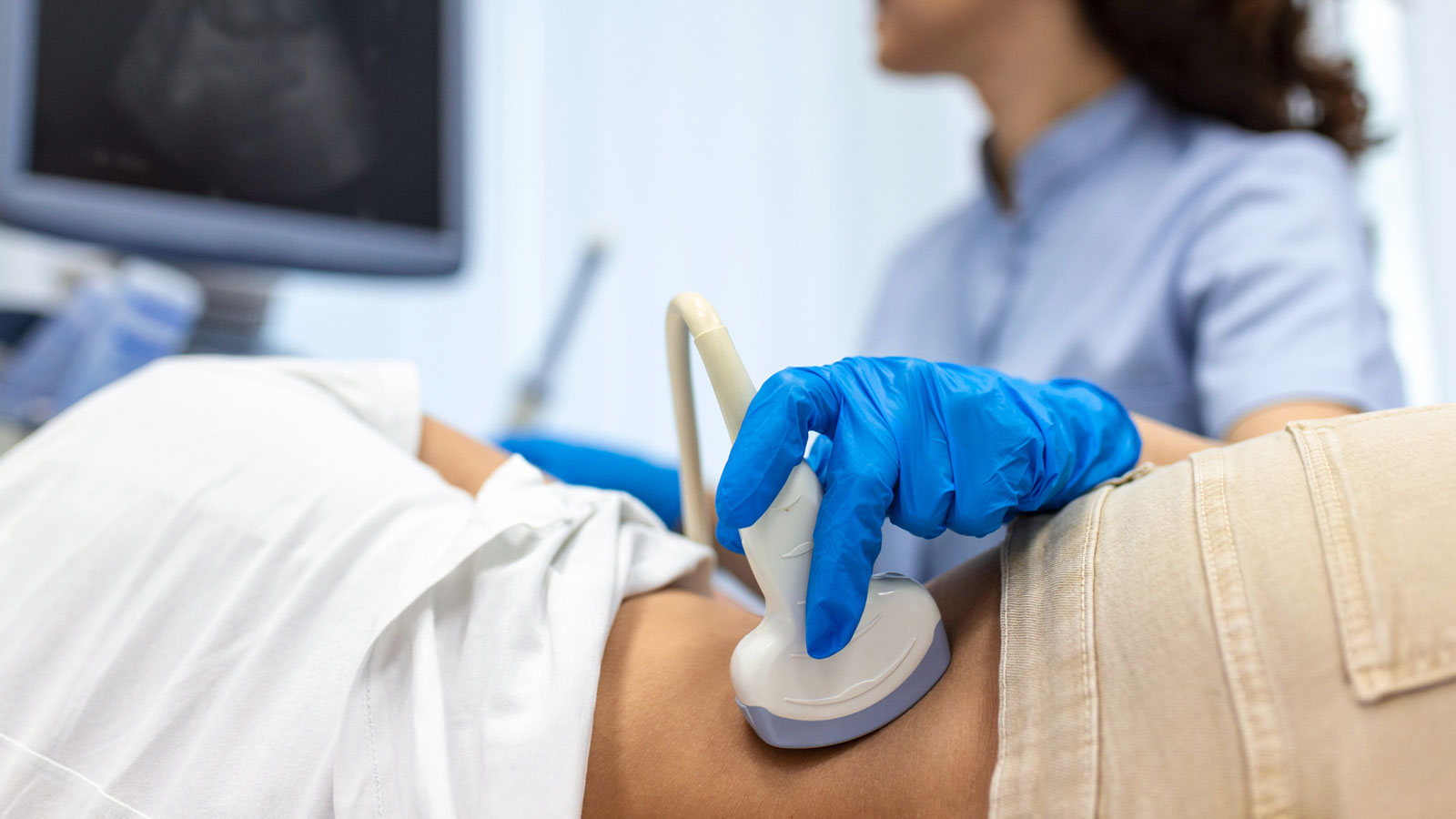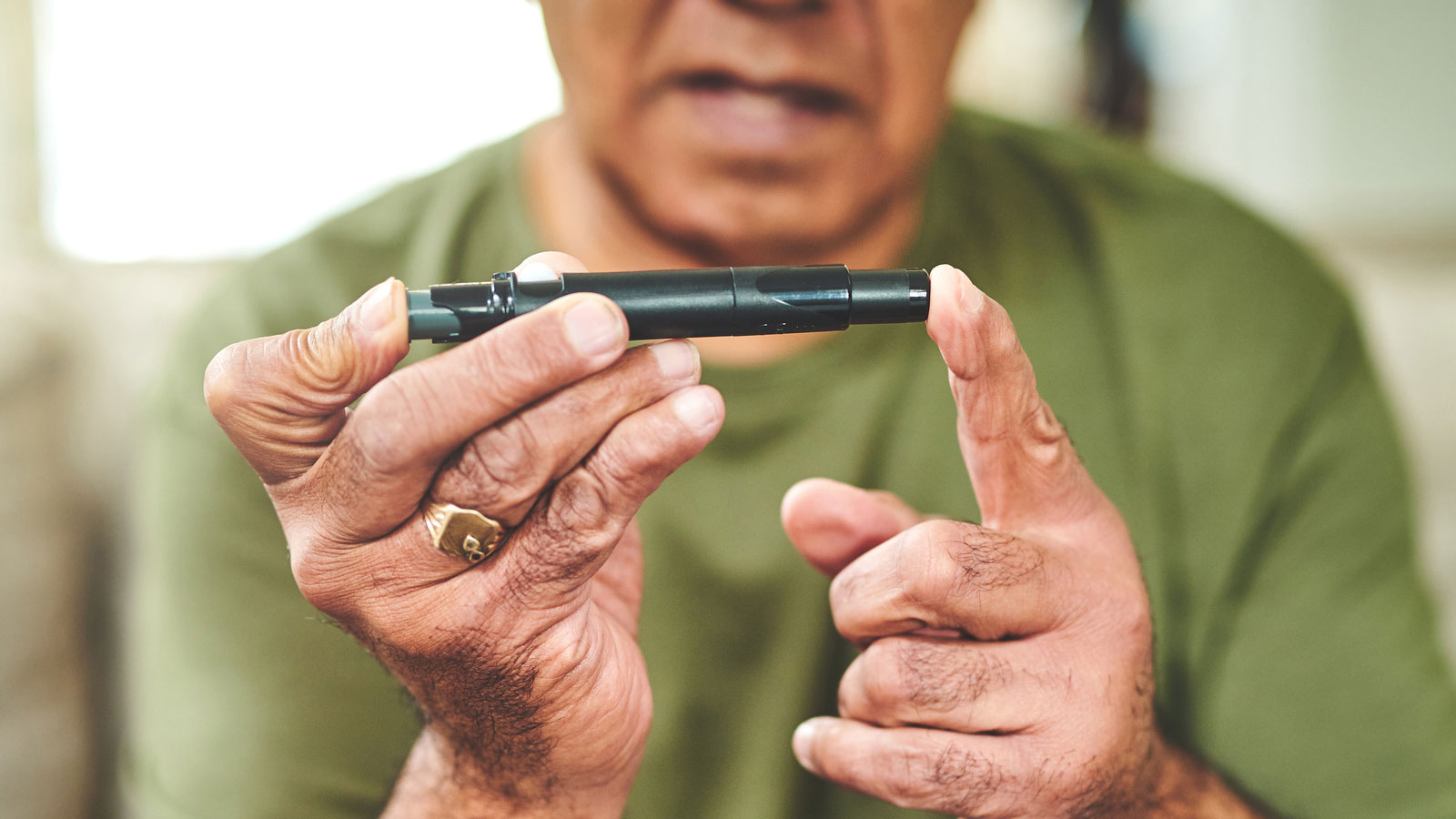9 Tips for Maintaining Healthy Kidneys
They may be small in size, but your kidneys play a big role in keeping you healthy. Here are nine tips to keep them going strong.

By Brett Rosenthal, DO, Nephrologist — Virtua Nephrology
They may be small in size, but the two fist-sized organs located near the bottom of your rib cage certainly pack a punch when it comes to keeping you healthy and on the go.
Your kidneys keep your body healthy and in a state of balance by filtering waste products, excess water, and other impurities from your blood. They also help your body absorb calcium for bone and muscle health and regulate blood pressure and salt and potassium levels.
With all of these important tasks, it’s important to keep them healthy. Here’s what you can do:
- Keep your blood pressure lower than 120/80 mmHg. High blood pressure, or hypertension, is a leading cause of chronic kidney disease (CKD). Inexpensive at-home blood pressure monitors are available at pharmacies and online. Your health care provider may recommend a brand to purchase.
- Manage your diabetes. Long-term high levels of blood sugar—caused by your body’s inability to produce or use insulin—damage blood vessels throughout your body, including the kidneys. When the vessels leading to our kidneys are damaged, they cannot deliver essential oxygen and nutrients to the 1 million tiny, finger-like nephrons responsible for filtering your blood. Talk to your health care provider about what your blood sugar level should be.
- Stay active. Regular aerobic exercise will not only help you lose unwanted pounds, it will reduce your blood pressure and boost your heart health. Walking, running, biking, and even household chores are great ways to keep moving.
- Eat a healthy diet. It’s important to have the right balance of foods that provide enough nutrients to meet your body’s needs but don’t stress your kidneys. Limit foods high in sodium, phosphorus, calcium, and potassium, as well as animal proteins and alcohol. Instead, focus on foods like apples, berries, cabbage, cauliflower, onions, and fish rich in omega-3 fatty acids. Learn how Virtua’s registered dietitians can help you meet your nutrition goals.
- Drink enough fluids. Water helps the kidneys remove waste from your body in the form of urine. Just how much water you need to drink each day may depend on your overall health, age, gender, climate, and exercise intensity. Ask your health care provider for a specific recommendation.
- Don’t smoke. Smoking damages your blood vessels, restricts blood flow, and increases your risk for heart attack, stroke, cancer, and other illnesses.
- Mind your medicines. A majority of us take at least one prescription medication, as well as over-the-counter drugs, vitamins, and supplements. Be sure to take as directed medications prescribed to treat your high blood pressure and diabetes. Also be mindful of nonsteroidal anti-inflammatory drugs (NSAIDs), such as ibuprofen and naproxen, which can damage the kidneys if taken regularly for chronic pain. Acetaminophen (Tylenol) is a safer choice for occasional use if you have kidney disease. If you have arthritis or need other long-term pain relief, ask your doctor about the best option for you.
- Manage stress. Sustained high blood pressure due to chronic stress damages your blood vessels, including those in your kidneys, and heightens your risk for heart attack and stroke. Constant stress also can lead to unhealthy behaviors, such as smoking, overeating, or drinking alcohol.
- Get tested for kidney disease. As the symptoms of CKD often do not appear until the disease has reached an advanced state, a regular kidney function test is a great way to check your kidney’s health and to slow or prevent future damage. Consider a kidney function test if you are 60 and older, have diabetes, high blood pressure, heart disease, or a family history of CKD, are obese Bariatric Surgery, or smoke.
If you already have CKD, speak to your health care provider about the specific steps you should take to maintain your kidney health.
Take Action for Your Kidney Health
If you are unsure about your kidney health, take our quick and easy Kidney Health Risk Assessment.
To schedule an appointment with a Virtua kidney specialist, call 856-325-3341 or request an appointment here.











